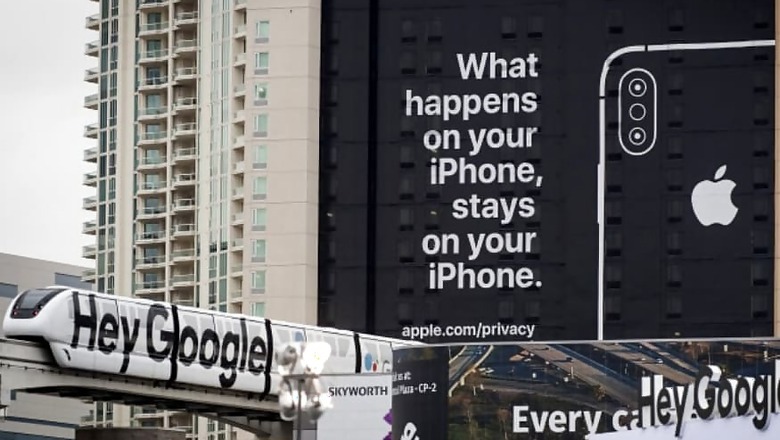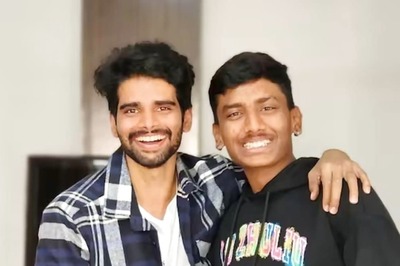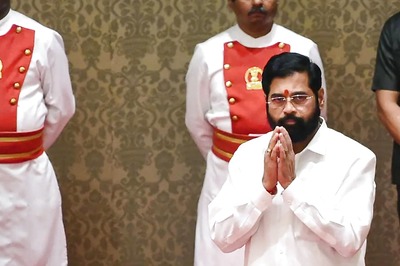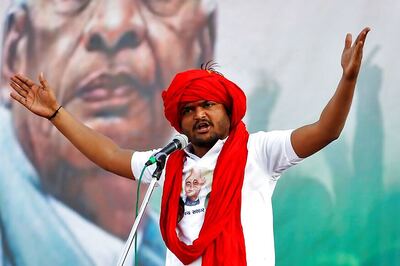
views
Apple is participating at the Consumer Electronics Show (CES) after a gap of 28 years, and the return at CES 2020 is all about the company’s focus on privacy. There are no new products on the horizon, and Apple is talking purely about data privacy. Apple participated in a session titled "Chief Privacy Officer Roundtable: What Do Consumers Want?" which has a panel including Jane Horvath, Senior Director of Global Privacy at Apple, Erin Egan, VP & Chief Privacy Officer, Policy at Facebook, Susan Shook, Director & Associate General Counsel and Global Privacy Officer at Procter & Gamble and Rebecca Slaughter, a Federal Trade Commissioner.
Horvath spoke about Apple’s "privacy by design" principle, something the company has often referred to even when discussing new software and operating systems, designed to protect user data from third party sources that may misuse it. “At Apple, the way we define privacy is to put the consumers in the driver's seat. They should have control over their data, they should have choices over their data,” she said.
Apple also detailed how they introduce noise into frequently used emoji datasets to anonymize them, how the company screens content on the iCloud cloud storage service for child pornography and how the processing of the photographs that you click in the Photos app is done on the device itself, which means that information never leaves your iPhone or iPad or Mac.
While Apple hadn’t participated at CES 2019, the company did literally throw a shade over rivals with a huge and well placed billboard overlooking the Las Vegas Convention Center which said “What happens on your iPhone, stays on your iPhone.” Apple CEO Tim Cook has regularly said that data privacy is a fundamental human right. The company has also taken pains to detail the privacy improvements in the latest iOS 13, iPadOS and macOS Catalina operating systems, including tracking prevention in the Safari web browser, Private Federated Learning that puts the AI-based smarts processing on the device and how there is no such thing as Location History in the Apple ecosystem.
This privacy pitch at CES comes at a time when the Federal Bureau of Investigation (FBI) has asked for Apple’s assistance in extracting data from password-protected iPhones used by Mohammed Saeed Alshamrani, suspected of killing three people in a shooting at a Navy base in Pensacola, Florida last month. “Our phones are relatively small and they get lost and stolen,” Horvath said. “If we’re going to be able to rely on our health data and finance data on our devices, we need to make sure that if you misplace that device, you’re not losing your sensitive data,” said Horvath. She insists that to access any user data that is not uploaded to iCloud, Apple would have to build a special software. While she insists Apple is working with law enforcement to support them as best it can, she did clarify that building such software wasn’t something that Apple intended to do. “Building back doors into encryption is not the way we are going to solve those issues,” she said.
This is not the first time Apple has had this stand-off with law enforcement in the US. In 2016, the Justice Department had sued the company in an effort to get Apple to extract the data from the phone of Syed Farook, who killed 14 people in a mass shooting in San Bernadino, California. Apple had refused to build a back-door software at that time as well.




















Comments
0 comment